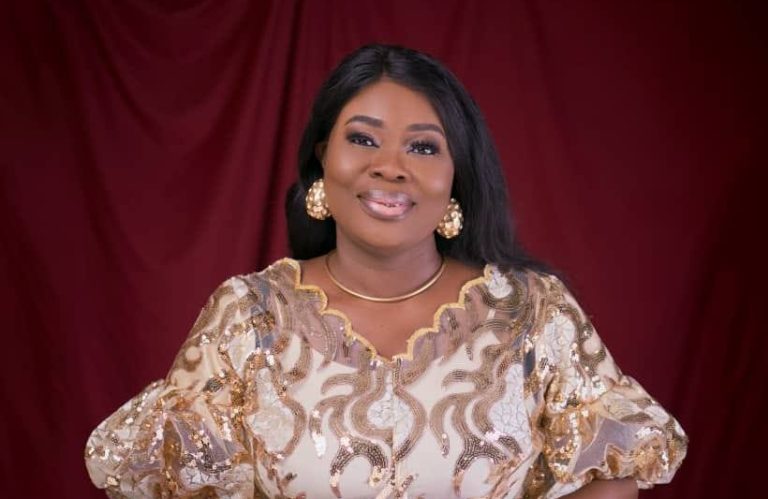Without any doubt, the relationship between the military and the media is one of the critical dimensions of civil-military relations. This reality is underpinned by the fact that both institutions – media and the military- are significantly indispensable in the progressive running of any society.
They indeed play different roles and might see things from different point of view but in the matters of national security, peace and progress, they must understand, promote, protect and appreciate each other as partners in progress and co-stakeholders in the overriding task of nation building.
For instance, the military and the media in spite of their strategic importance to national security, sometimes appear to hold contrary views on what constitute national security: the military owing to the sensitive nature of its duties considers secretiveness not as a ‘crime’ but as an important, strategic attribute while media, the ‘fourth estate of the realm’, believes that the public ought to know everything and indeed expect the military to open up in anything.
It is therefore expected that such lacuna will in most cases breed degrees of animosity between the two institutions, straining their relationship in the process. The aftermath is that the media report of the military will be affected and the military’s perception of media coverage of its activities will also be affected. It becomes therefore most imperative to seek ways that will bridge the communication gap between the two critical institutions, to push further the search for enduring military relations and by extension, civil-military relations, in the interest of our dear country.
One of such ways of building this much needed relationship was the recently held Capacity Building Workshop for Defence Correspondents organized by the Defence Headquarters. Themed, “The Role of Defence Correspondents in Enhancing National Security: Imperatives of Conflict Sensitive Communication”, the workshop which was facilitated by The Media Today (TMT) International provided a good opportunity for both sides to ventilate on areas of conflict or misunderstanding in their relationship.
Noting the indispensability of military-media relations, the Chief of Defence Staff, Gen Lucky Irabor who spoke through the Chief of Defence Administration, Rear Admiral Abdul Adamu, urged the defence reporters to use their platforms to galvanize citizens’ support in the promotion of national unity and peaceful co-existence. He further explained that the capacity building training will facilitate needed discourse towards identifying viable media approach and collaboration which would support kinetic efforts of the military in combating present and emerging threats.
The Defence Chief believes that “the inclination by both parties to discharge their responsibilities with a shared sense of patriotism will enhance and sustain the country’s democracy, and ensure peace and security”. Suffice it to say that the media is as relevant to the military and the society at large, as the military is to the media and the general society within the context of their constitutional mandates.
Of course his concerns are understandable given the penchant of some sections of the Nigerian media to report, in most unprofessional and of course unpatriotic manner, obvious sensitive and classified defence and security information. The haste to break the news or to publish-and-be-damned have on many occasions compromised our national security and often times put the lives of our troops the harm’s way. As Jibrin Ndace, a veteran Defence correspondent aptly described it, some reporters have actually broken the nation in the quest to break the news!
But the media reporters on the other hand sometimes do have genuine reasons why it reports what it reports about defence and security matters. Constrained by lack of access to information and boxed in by the demand to meet production schedules, many reporters have found themselves in such quagmire that the only way out is to go to press with the ubiquitous ‘reliable source’ as the only source of information. This is the most potent breeding ground for the twin vices of sensationalism and subjectivism in defence reporting!
For the sake of smooth working relationship between the military and the media, ways must be evolved by which to aid media access to unclassified information about the military. This is even more imperative now given the multiplicity of internal security operations which the military is engaged in. The public is becoming more interested in knowing how military operations are being conducted. With the advent of social media and the so-called citizens’ journalism, the military have no option than to be a little more cooperative with the media in order to provide clarity in the face of deluge of information found in the uncensored new media.
The media conversely should reciprocate such gesture and ensure it does not indulge in anything that may compromise the security of military operations and indeed national security.
The point really is that military operations can hardly escape media attention and presence. This probably explains why the media/public relations departments of the Armed Forces strive to professionalize their media relations practice and indeed strengthen its relationship with the media. It explains why commanders do recognise the need to relate with the media and to develop media strategy as part of their job. Public opinion and media reportage can critically affect military operations. So, their potential impact is always taken into account early in any operations planning.
In turn, the media operators are expected to do their job without jeopardising operational security, in the spirit of patriotism and national security. Media should see partnership with the security agencies both as a social responsibility obligation and patriotic duty than a favour to the agencies. This is where conflict sensitive communication becomes imperative.
Having identified sources of friction or extent of communication gap between the military and the media, there is therefore the overriding need to bridge the gap. This can be achieved in two layers: first is the concerted effort to build a consensus between the military and the media on what constitutes national security and how it can be protected. This can be pursued through continued engagement forums involving media executives and officers of the Nigerian Armed Forces.
The second is a sustained and continuous training programme for defence correspondents on coverage of defence stories. This will provide opportunities for them to be let into the workings of the military, capabilities of the military, its organisational set up, the sensitivity of their operations to national security and how the media can seek and get information from the institution.
But the message to the media practitioners must be very clear and unambiguous: Do not use your platform to give oxygen to enemies of our country who crave media publicity to survive and operate. Don’t!
*Chidi Omeje is the Editor-in-Chief, Nigeria Security Digest (www.securitydigest.com)





